The new greek chorus: where are the feminists?
As a woman of a certain age, it saddens me greatly to see the disappearance of women from the public square and the erosion of women’s rights throughout the world. What once seemed an upward trajectory of hope and opportunity for half of humanity has come crashing to earth in a mass of confusion about what the term ‘woman’ even means. Biological sex has been taken off the table completely when discussing who is or isn’t a woman; those who will never give birth, carry a child, endure ovarian and other gynaecological cancers are dictating to those who will, that these are trivialities, that have nothing to do with the term, in fact it’s downright discriminatory to even talk about them.
Anyone can claim to be a woman by simply putting up their hand, and that trumps the lived experience of anyone with two X chromosomes, in fact chromosomes are the ultimate villain in the story, an uncomfortable reminder that nature doesn’t follow ‘woke’ dictates. Women are expected to be passive, as they are bullied into accepting ever-increasing sub-sets of their sex, weakening their collective voice in the process. There’s a new etiquette for women that says they should be tolerant of any assertion, by anyone, about their sex.
However, it’s not new at all, it’s just a re-emergence of the old stereotype of women, as selfless, passive and accommodating to the point of idiocy. No other group would be expected to accept the redefining of their identity in this way.
Like many women of my generation, I started work at a time when there were two pay scales in the Australian public service and elsewhere, one for men and one for women. It was binary, straight, down the line, no confusion there about which side of the ledger you belonged to. I’m eternally grateful to all the equal pay campaigners who worked to abolish this discriminatory system, which consigned women to industrial apartheid, with limited prospects for promotion, or a financial future. St. Paul wrote ‘marry or burn’, a mantra updated by the public service in those days to ‘marry and resign’. As a result, hundreds of thousands of women lost their financial independence and the economic security of a job.
Opening a bank account, buying a car or a house was not possible without a male guarantor. Even accessing money following the death of a spouse was an obstacle for women, as bank accounts could only be held in the husband’s name. Maternity leave, childcare and superannuation, the practical issues that afforded choice, were almost non-existent, in the early 1970s. Childcare was largely a family arrangement with grandparents conscripted to provide care, but this option was not available to all. Women literally operated in a financial no-woman’s land, with the rules of engagement consigning them to perpetual dependency and poverty in retirement.
It’s been the eradication of this sort of discrimination that has allowed women to have the freedom to live their lives as they want, to buy houses, start businesses and dare to dream. However, a new type of discrimination is being instituted, the kind that says it’s discriminatory to talk about the biological consequences of being a woman, the kind of woman that has babies at least. If women are any and everything, they are ultimately nothing. As a group they’ll go the way of the dodo or disintegrate into tribal groups of this-or – that type of woman, with no connection to each other – malleability makes the definition of womanhood fainter and fainter, until eventually it can’t be articulated at all. Bullying and fear of being labelled as ‘whatever’ is silencing women; they’re losing control of the conversation about the most fundamental issues concerning their sex.
Where are the feminists in all of this? The feminist equivalent of how many angels can dance on the head of a pin has taken over feminism, in the guise of bizarre issues that have no relevance to the majority of women. The real-life discrimination suffered by millions of women around the world is not even commented on. As Afghan women sink once more into a misogynistic hell, I have yet to hear outrage from feminists. Where are the voices for women who have none?
I kept the clippings of job vacancies from the time of my graduation for many years. When I occasionally came upon them, secreted between the pages of old books, they were lived reminders of the progress feminism had made over the past sixty years. That women as a sex fought together to bring about basic legal and economic rights was a major achievement for feminism, in the Western world at least. Feminists were visible, too visible for many, but it was their presence as irritants in the social and political discourse that bought about change. They knew that rights aren’t conferred, they’re fought for. So what has changed? Are women no longer able to detect injustice to their sex? Are they no longer able to articulate that women are entitled to basic human rights? Why are feminists silent? The questions keep coming, but the answers aren’t there.
Perhaps the most straightforward response is simply that women are again being told to wait their turn, while the important issues are dealt with. It’s selfish, even unladylike, for women to push to the front of the queue, and demand with the same vociferousness as other groups, that their grievances be heard. After all it’s only half of humanity.
Or perhaps sadly, wokeness does make cowards of us all and the prospect of being called out for some PC sin is simply a bridge too far for many. Whatever the reason the feminist voice is conspicuous by its absence.
Rather than redefining what the word woman means, we need to look at what feminism means. What does it stand for in the twenty-first century, why are so many young women refusing to identify as feminists and turning to other ways of expressing themselves? We are at risk of losing the only voice that has spoken out consistently for half of humanity, for over two hundred years. The women of Afghanistan have no voice, they’re our sisters but the sisterhood is missing in action. In not speaking up for them, we fail all women.
Got something to add? Join the discussion and comment below.
Get 10 issues for just $10
Subscribe to The Spectator Australia today for the next 10 magazine issues, plus full online access, for just $10.
You might disagree with half of it, but you’ll enjoy reading all of it. Try your first month for free, then just $2 a week for the remainder of your first year.

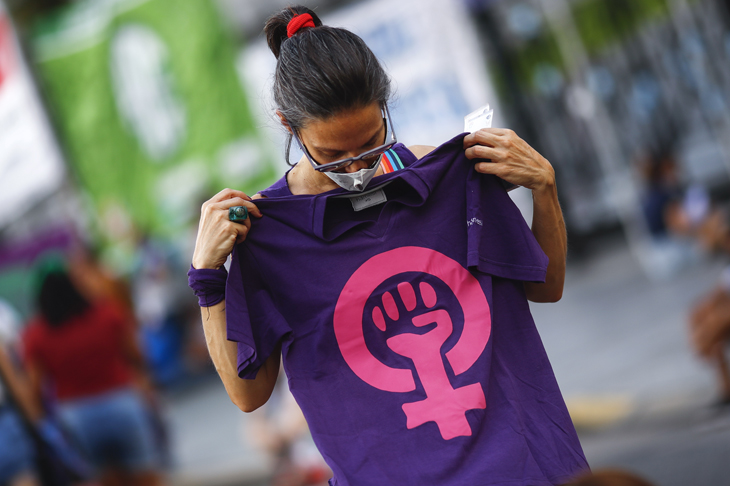
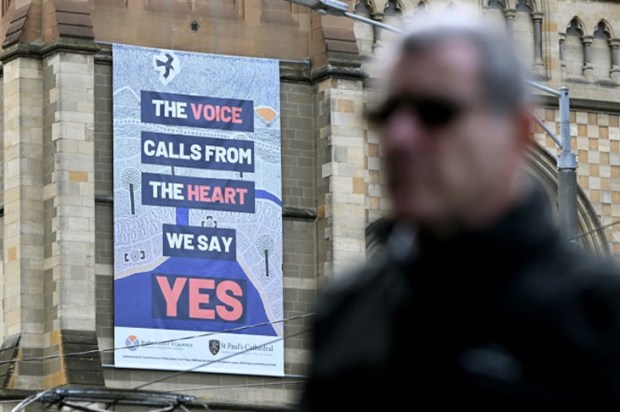

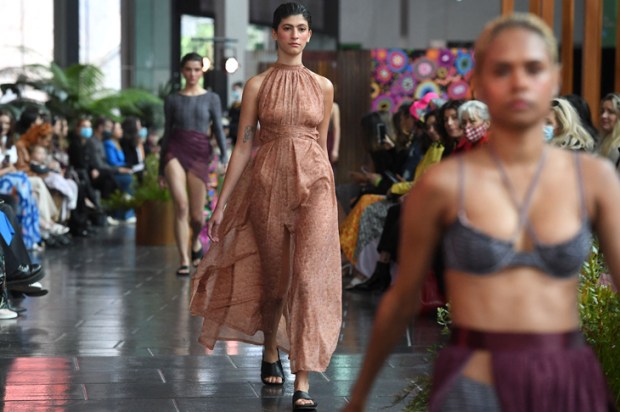
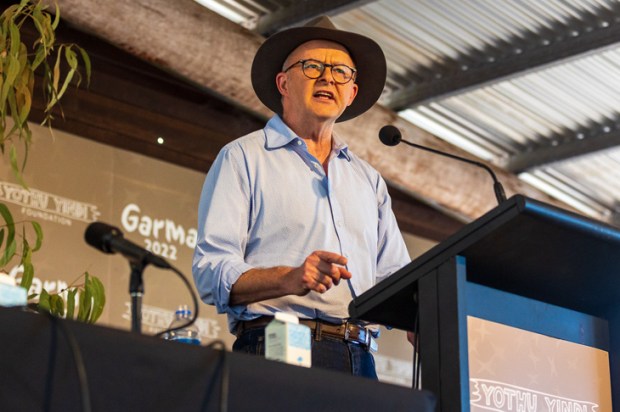

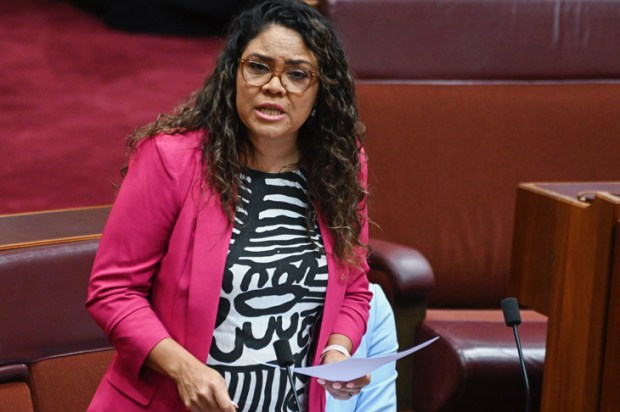






Comments
Don't miss out
Join the conversation with other Spectator Australia readers. Subscribe to leave a comment.
SUBSCRIBEAlready a subscriber? Log in